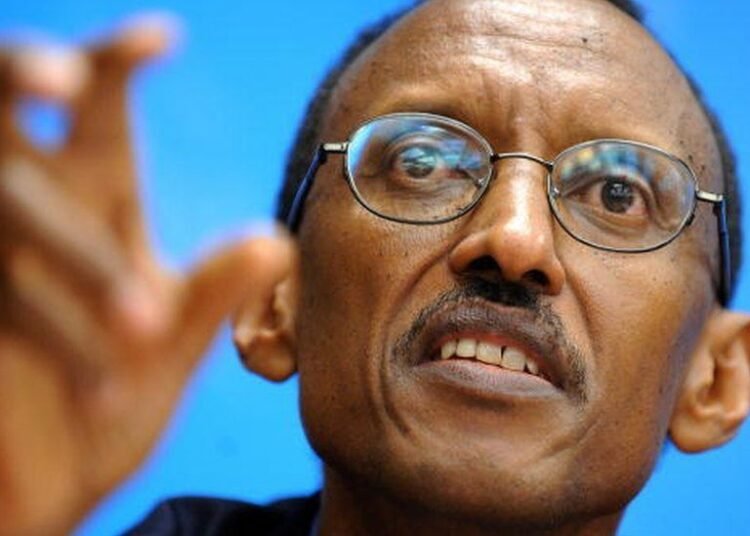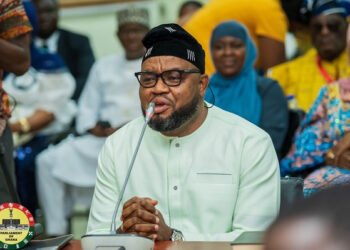Paul Kagame has been officially sworn in for a fourth term as Rwanda’s president after securing a landslide victory with 99% of the vote in last month’s election.
The ceremony, attended by several African heads of state and thousands of supporters, took place at the 45,000-capacity Amahoro National Stadium in Kigali.
In his oath of office, Kagame pledged to preserve peace, national sovereignty, and unity, vowing not to use his powers for personal gain. “Should I fail to honour this oath, may I be subjected to the rigours of the law,” he declared.
Kagame, who has held power since his forces ended the 1994 genocide, is credited with bringing stability and development to Rwanda, transforming it into what some describe as the “Singapore of Africa.”
Kigali, the capital, has become one of the cleanest cities on the continent and a hub for international events, such as the 2022 Commonwealth Heads of Government Meeting and concerts by global stars like Kendrick Lamar.
However, Kagame’s government faces criticism for suppressing dissent, with rights groups pointing to the overwhelming electoral margin as evidence of a lack of true democracy in Rwanda.
In the recent election, only two candidates were allowed to run against him.
Despite Rwanda’s internal stability, Kagame’s administration has been accused of destabilizing the neighboring Democratic Republic of Congo.
Just days before the July election, a UN report revealed the presence of some 4,000 Rwandan troops in DR Congo, allegedly backing the M23 rebel group.
This has strained relations with Congolese President Félix Tshisekedi, who was notably absent from the inauguration.
In his speech, Kagame appeared to criticize Tshisekedi for not doing enough to combat Rwandan rebels in DR Congo, suggesting that mediation efforts would fail without decisive action.
His remarks indicate a reluctance to halt support for the M23 rebels, highlighting ongoing regional tensions.






























































